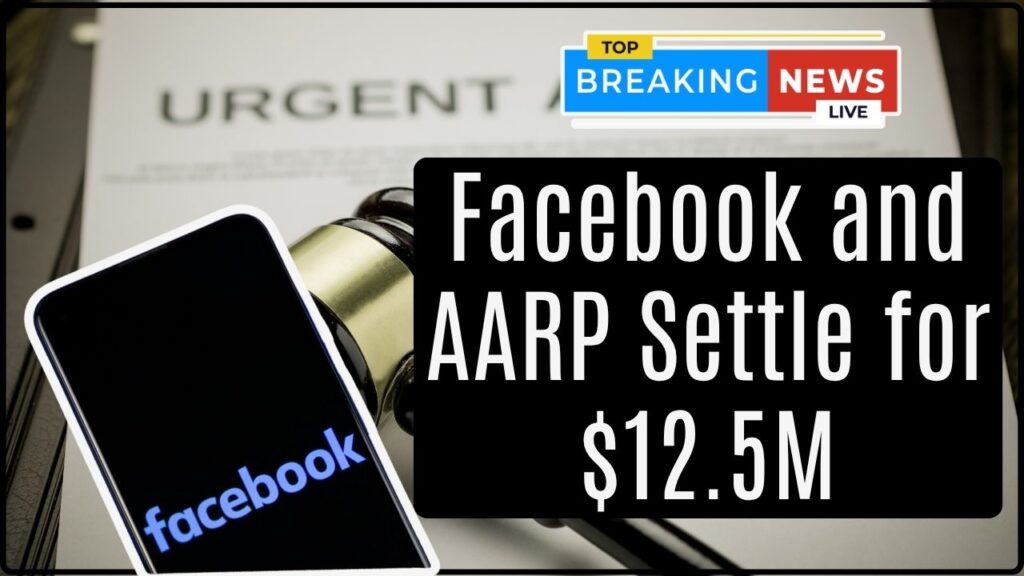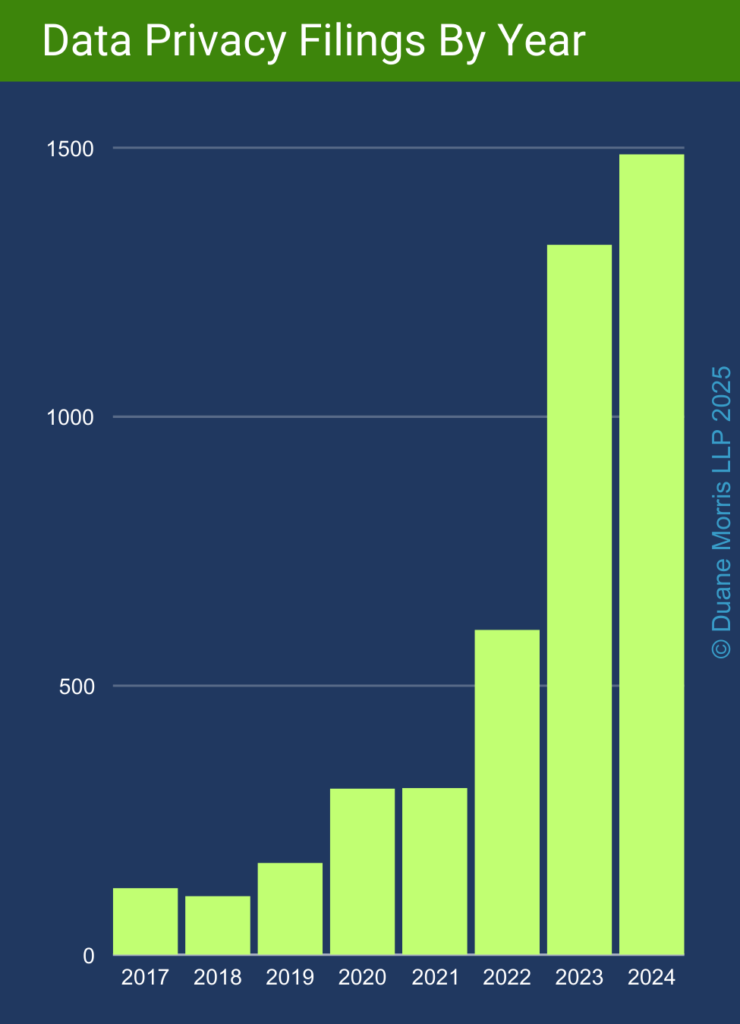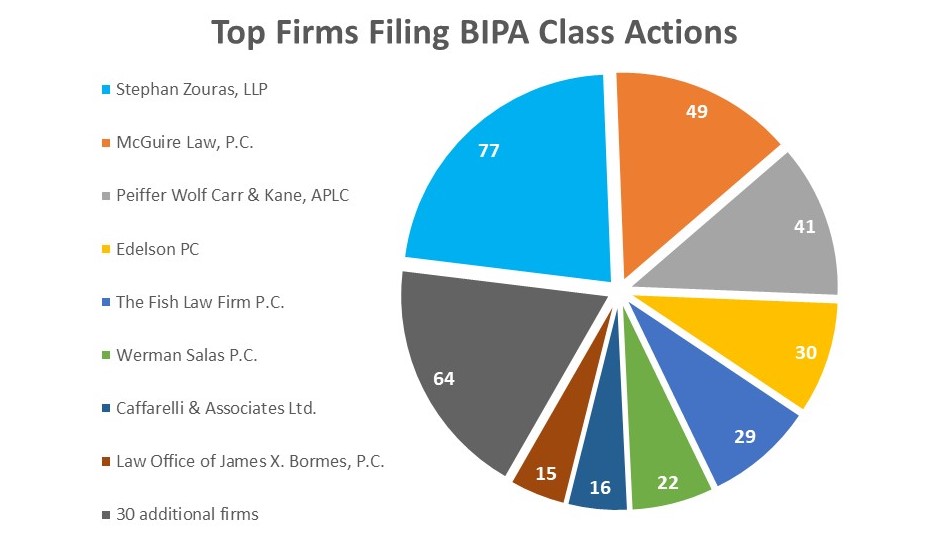
Facebook and AARP Settle for $12.5M: If you’re an AARP member or a registered user who viewed video content on AARP.org while logged into Facebook between September 27, 2020, and September 12, 2025, this news could put some unexpected cash in your pocket. Facebook and AARP have settled a $12.5 million class-action lawsuit concerning privacy violations that directly affect millions of users. Eligible claimants can receive up to $237, but the clock is ticking—the deadline to file your claim is December 31, 2025. This article lays out everything you need to know with clear, practical advice and expert insight: what the lawsuit is about, who qualifies, how to claim your payout, why privacy protections like the Video Privacy Protection Act matter today, and tips for taking control of your online data.
Table of Contents
Facebook and AARP Settle for $12.5M
The $12.5 million Facebook and AARP settlement offers a rare chance to claim compensation for unauthorized sharing of your video-viewing data. If you fit the eligibility criteria, act now and claim your share—up to $237—before the December 31, 2025 deadline. More than just money, this case highlights that your privacy matters and that laws like the VPPA are powerful tools to protect your personal data.
| Topic | Details |
|---|---|
| Settlement Amount | $12.5 million |
| Individual Claim Range | $47 to $237 |
| Who is Eligible? | AARP members or registered users with Facebook accounts who accessed AARP video content between Sept 2020 – Sept 2025 |
| Claim Deadline | December 31, 2025 |
| Final Court Hearing | February 10, 2026 |
| How to Claim | Submit claim form online or by mail, include Facebook profile link |
| Settlement Website | AARPSettlement.com |
The Lawsuit Explained: What Went Down?
AARP, the organization known for advocating on behalf of Americans aged 50 and above with more than 38 million members nationwide, was accused of sharing sensitive details about users’ video-watching habits with Facebook (now Meta) without clear consent.
This happened through a digital tracking tool called the Meta Pixel, embedded on AARP’s site. The Pixel collected information about which videos users watched and linked it to their Facebook profiles, enabling targeted advertising and other uses—all without getting direct permission from users.
The lawsuit claimed this practice violated the Video Privacy Protection Act (VPPA)—a federal law crafted to safeguard your privacy by preventing unauthorized sharing of video viewing information. The idea is simple but powerful: your video preferences are personal and should remain confidential unless you explicitly agree otherwise.
The Video Privacy Protection Act (VPPA) – A Deep Dive
Understanding why this lawsuit carries weight means understanding the VPPA itself. Passed in 1988, the VPPA was a groundbreaking federal law triggered by a privacy scandal during Supreme Court nominee Robert Bork’s confirmation hearings, when his video rental records were published publicly.
The VPPA protects the confidentiality of consumers’ video rental, purchase, or viewing histories, making it illegal for “video tape service providers” to disclose personally identifiable information (PII) without the consumer’s informed consent.
The Act’s key provisions include:
- Protection of PII concerning video-viewing habits: This includes details linking a person to specific videos or movies they rented, purchased, or viewed.
- Applicability to modern streaming: Although originally written for physical videotape rentals, courts have adapted the VPPA broadly to cover digital and streaming platforms like Netflix, Hulu, and in this case, websites with embedded video content.
- Consent Requirements: Users must give explicit, standalone consent for their video data to be shared, separate from any general terms or privacy policies. This consent can be granted either in real-time (per viewing) or for up to two years in advance, with the ability to revoke consent at any time.
- Legal Penalties: Violations can cause video service providers to face damages up to $2,500 per violation, making the stakes very high for non-compliance.
In short, the VPPA empowers you to control who sees your video viewing records and holds companies accountable when they cross those boundaries.
Who Is Eligible to Claim Facebook and AARP Settle for $12.5M?
To cash in on this settlement, check if you:
- Are an AARP member or a registered user of AARP.org.
- Watched or requested video content on AARP’s website between September 27, 2020, and September 12, 2025.
- Owned or had an active Facebook account during this period.
- Reside in the United States.
If you meet these qualifications, you can file a claim to receive your share of this historic payout.

How Much Money Can You Expect?
Your payout amount depends on the total number of claimants and how much money remains after covering legal and administrative fees. Estimates suggest a payment range of $47 to $237 per claimant. While it might not be enough to retire on, it is hard-earned money for data that was shared without your clear permission.
Remember, the sooner and more accurately you submit your claim, the better your chances of getting near the top of that range.
Step-by-Step Guide to Claim Facebook and AARP Settle for $12.5M
Here’s how to put your claim together without any stress:
Step 1: Confirm Your Eligibility
Make sure you visited AARP.org’s video section between the dates listed while logged into Facebook and that you’re either an AARP member or registered user.
Step 2: Grab Your Facebook Profile Link
This proves you had an active Facebook profile:
- Log into your Facebook account.
- Click on your profile page.
- Copy the full URL from your browser’s address bar.
Step 3: Fill Out Your Claim Form
You have two easy ways to file your claim:
- Online: Visit AARPSettlement.com, complete the form digitally, and submit it.
- By Mail: Download and print the claim form from the website, fill it out, and mail it to: text
AARP VPPA Settlement c/o Claims Administrator P.O. Box 25226 Santa Ana, CA 92799
Step 4: Submit Before the Deadline
All claims must be postmarked or submitted on or before December 31, 2025. Missing this deadline means you forfeit your right to compensation.
Why Privacy Protections Like the VPPA Matter More Than Ever?
In a world where digital tracking is the norm—from social media interactions to online shopping—knowing your rights and what laws protect your data is essential.
This settlement is a clear example of how the VPPA continues to protect consumers, especially as more video content moves online. It reminds companies they must:
- Get genuine, informed consent before sharing sensitive data.
- Be transparent about how they use your information.
- Respect your control over personal details.
It also sends a message to consumers: Don’t ignore your digital privacy. There are legal protections, and enforcement is increasing.

Practical Tips to Safeguard Your Online Privacy
You don’t have to wait for a lawsuit to protect yourself. Here are practical steps to guard your privacy:
- Review and Customize Privacy Settings: Adjust settings on Facebook and other platforms to limit data sharing.
- Use Tracker and Ad Blockers: Browser extensions can block many trackers that collect your data.
- Avoid Over-Linking Accounts: Minimize how many services are connected to your social media profiles.
- Clear Browsing Data Frequently: Cookies and cache can hold data that third parties use.
- Be Wary of App Permissions: Only grant apps the permissions needed—and revoke any that seem intrusive.
- Stay Updated About Privacy Laws: Knowledge is power; laws like VPPA and CCPA (California Consumer Privacy Act) are evolving to protect you better.
What Happens After the Settlement?
The court will hold a final approval hearing on February 10, 2026. If approved, payments will be processed and sent out shortly after.
Importantly, this settlement sets a precedent, encouraging organizations to tighten privacy policies and limit data sharing, especially involving video content.
$425M Class Action Settlement: What Capital One Customers Need to Know
SmileDirectClub Aligners Class Action Settlement; Claim $40 – $60, Check Eligibility & Payment Date
$1,000 Cash App Settlement Incoming – Check If You Qualify for the Payout!











